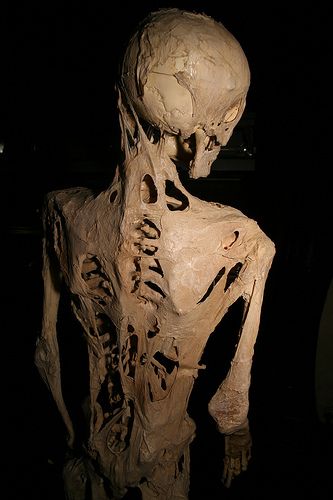Fibrodysplasia Ossificans Progressiva

Fibrodysplasia ossificans progressiva (FOP) is a disorder in which skeletal muscle and connective tissue, such as tendons and ligaments, are gradually replaced by bone (ossified). This condition leads to bone formation outside the skeleton (extra-skeletal or heterotopic bone) that restricts movement. This process generally becomes noticeable in early childhood, starting with the neck and shoulders and moving down the body and into the limbs. People with FOP are born with abnormal big toes (hallux valgus) which can be helpful in making the diagnosis. Trauma, such as a fall or invasive medical procedure, or a viral illness may trigger episodes of muscle swelling and inflammation (myositis). These flareups lasts for several days to months and often result in permanent bone growth in the injured area. FOP is almost always caused by a mutation at the same place in the ACVR1 gene and is inherited in an autosomal dominant manner. This condition occurs in about 1 in 1,600,000 newborns and about 800 people worldwide are known to have FOP.